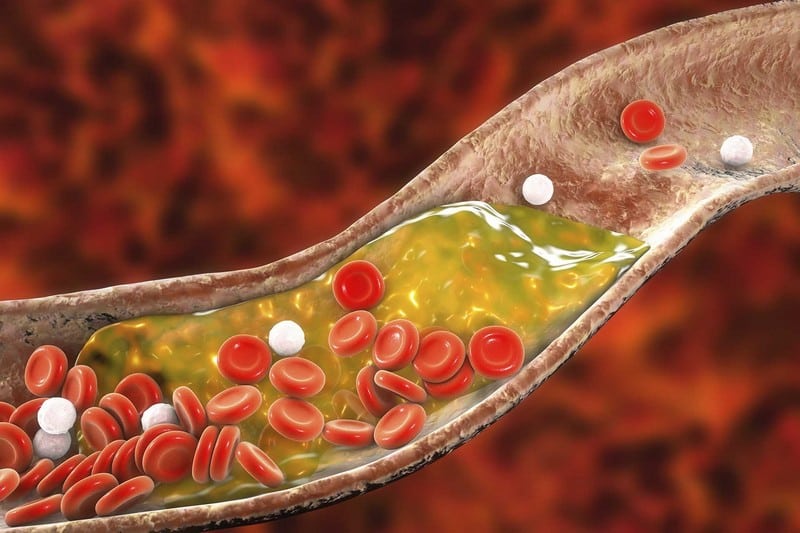Reduces Cholesterol

Based on a 2021 review, various types of intermittent fasting, including 5/2 and alternate-day methods, aid in lowering LDL cholesterol, among many other cardiometabolic health markers like blood pressure. High LDL cholesterol isn’t good because it can raise the risk of developing heart disease. It can also potentially lead to stroke if left unchecked. Researchers have also noted that fasting intermittently minimizes triglycerides—fats found in your blood, which can lead to various diseases.
It’s crucial to ensure that triglyceride levels remain normal. If it goes too high, it can increase the chances of arteriosclerosis, which is the thickening of artery walls or hardening of arteries. Some medical conditions that may develop are cardiovascular disease, liver disease, and pancreatitis. When paired with regular exercise, many report intermittent fasting to help lower triglyceride content in the body.
However, not all research supports the claims that intermittent fasting drives down cholesterol levels. One example is a 2020 review that concluded that there wasn’t a significant difference in cholesterol levels between people adopting periodic fasting practices and those following low-calorie diets. But some have still managed to find success with the time-restricted diet.










